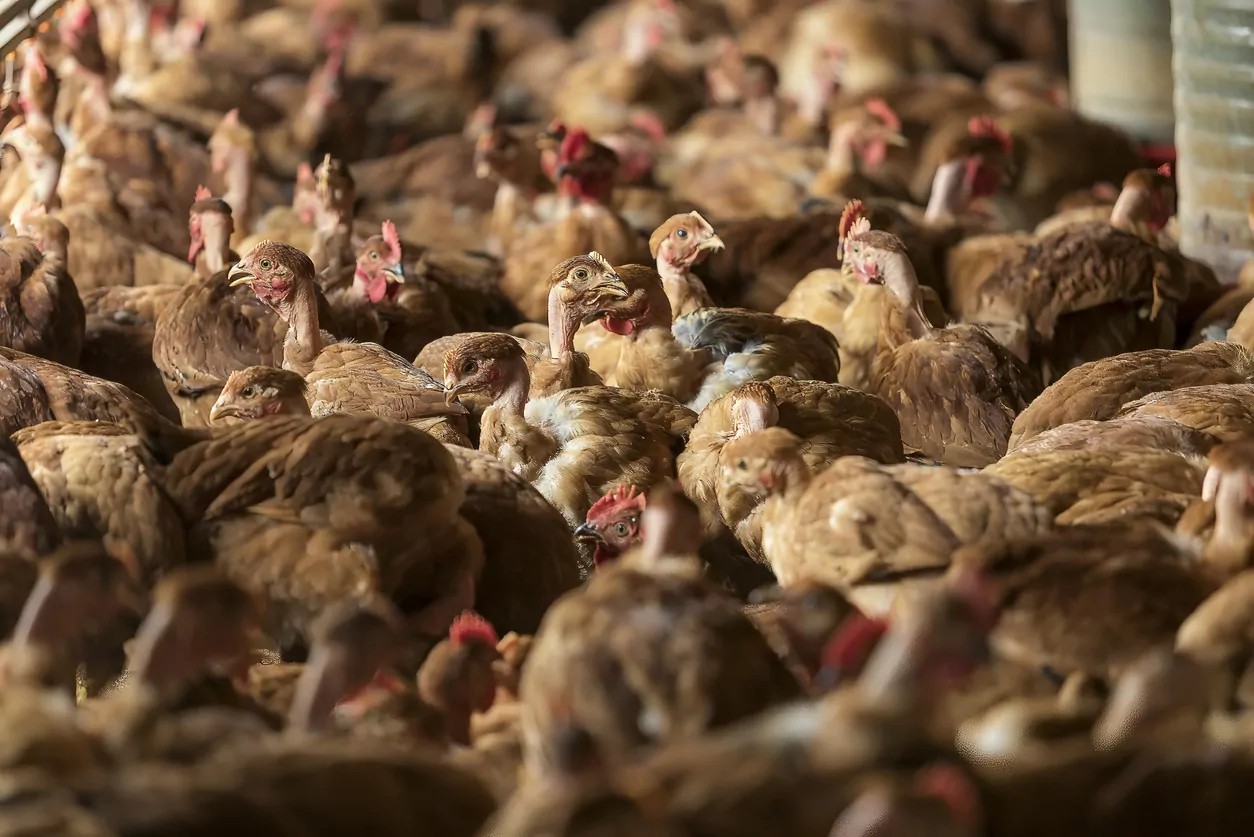Biosecurity New Zealand said initial testing and monitoring at chicken farms operated by Mainland Poultry in Otago have shown no signs of further disease, but extensive work continues to manage the situation.
More than 1,000 samples have been submitted for testing at the Ministry for Primary Industries’ laboratory in Wallaceville, Wellington. The laboratory, internationally recognised for its capabilities, is prioritising analyses based on assessed risk.
Stuart Anderson, Biosecurity New Zealand’s deputy director-general, said, “The first batch of results, and ongoing monitoring at Mainland Poultry’s properties linked to the Hillgrove site, show no signs of new disease at this stage, which is promising. However, rigorous testing continues due to the incubation period of the disease.”
Anderson added that there have been no signs of production loss or ill birds at Mainland Poultry’s other properties, but monitoring is ongoing. Additionally, samples from a smaller free-range chicken farm near Dunedin are under close analysis, with test results expected soon.
On Tuesday, a precautionary restricted place notice was issued for the Dunedin property after some of its 6,000 birds died. The restrictions halted movement on and off the farm.
“Testing is a standard part of biosecurity responses when illness is identified. This is an extremely difficult time for the affected farmers, through no fault of their own, and we are working to support them,” said Anderson.
The Wallaceville laboratory, New Zealand’s only enhanced PC3 biocontainment facility, is conducting the testing. Anderson said having this capability in the country has significantly sped up the process compared to previously sending samples to Australia.
Meanwhile, efforts continue to support Mainland Poultry in humanely culling chickens in two sheds at an affected Otago farm. Trucks carrying carcasses, eggs, and litter from the sheds were transported to a secure landfill in Southland yesterday.
“The cull uses industry-standard CO2 containerised gas, a regular method for euthanising chickens,” said Anderson.
Testing will continue over the coming weeks, as the incubation period for the virus ranges from three to 14 days, with a possibility of up to 21 days. Biosecurity New Zealand has increased its presence in Otago, establishing a regional control centre to manage the response.
Anderson reassured the public that the risk to human health remains low, and there are no concerns for food safety or wildlife.
“Avian influenza viruses are killed by cooking, so it remains safe to eat thoroughly cooked egg and poultry products,” he said. However, he advised against consuming raw eggs, particularly for individuals with compromised immune systems, due to the risk of harmful pathogens.









